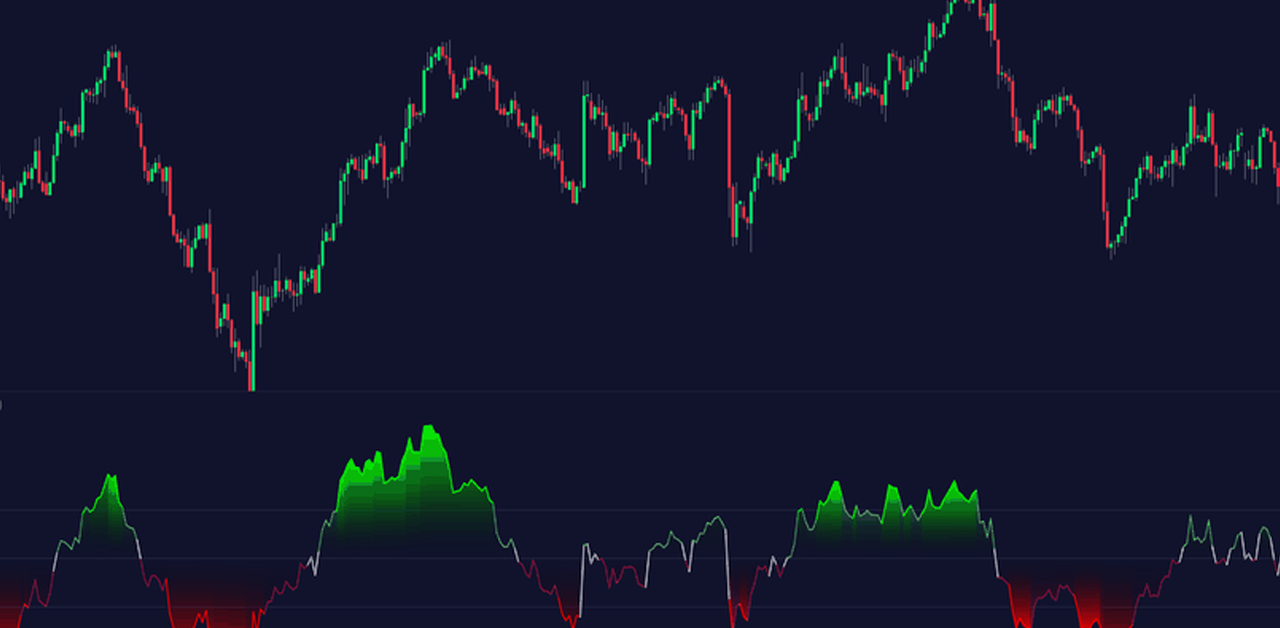UK Consumer Sentiment Hits Near Two-Year Peak
In the closing month of the year, the UK’s consumer confidence has shown a slight uptick, indicating a modest shift in public sentiment despite ongoing economic challenges. In December, analysis from market research firm GfK Ltd. identified a rise in consumer sentiment, marking the highest point since the beginning of the year, although the mood among UK households remains cautious.
The GfK’s sentiment indicator, which increased by two points to minus 22, suggests that while consumers are still grappling with uncertainty, there is a nascent optimism brewing about the economy’s direction as we head into 2024. This increment is the most significant since January of the previous year, signaling that consumers are starting to see a silver lining despite the overarching pessimism reflected in the negative reading.
This budding optimism encompasses several aspects of the GfK’s survey, which captures feelings towards personal finances, general economic conditions, major purchase intentions, and saving behavior. The data suggests that even amid the current cost-of-living crisis, which continues to exert pressure on the majority of households, there’s a gradual but steady shift toward a more positive outlook on personal financial prospects for the forthcoming year.
Further affirming this shift in consumer confidence is data from the Recruitment and Employment Confederation (REC), which points to a sustained high number of job vacancies within the UK economy. The REC’s metrics showed a 7.7% increase in job postings, totaling 1.44 million in the week starting November 27. This figure is slightly lower by 8.6% compared to the same period in the previous year, yet it underscores a resilient job market.
The week in question saw the advertisement of 186,329 new job positions, only a 2.6% drop year-on-year, with certain sectors such as physiotherapy, midwifery, and occupational therapy witnessing notable surges in job adverts. Interestingly, no region in the UK experienced a reduction in job advertisements from the preceding week, which suggests a broad-based demand for labor across the country.
The resilience of the job market can be attributed to the ongoing labor shortages and the skills gap that the UK is experiencing. According to REC’s Chief Executive Neil Carberry, the slower economy has not led to a significant reduction in hiring as might be expected in a typical economic downturn. Instead, sectors such as hospitality, engineering, healthcare, and social care continue to face hiring challenges, further complicated by the scarcity of labor and specific skill sets.
This situation presents both an obstacle and an opportunity. The difficulty in filling roles across various sectors could potentially lead to wage growth as employers strive to attract scarce talent. This, in turn, could influence consumer spending and sentiment positively. As the UK navigates the uncertain terrain of post-pandemic recovery, the interplay between job market dynamics and consumer confidence will be critical to watch, with implications for economic policy and business strategies in the coming year.











